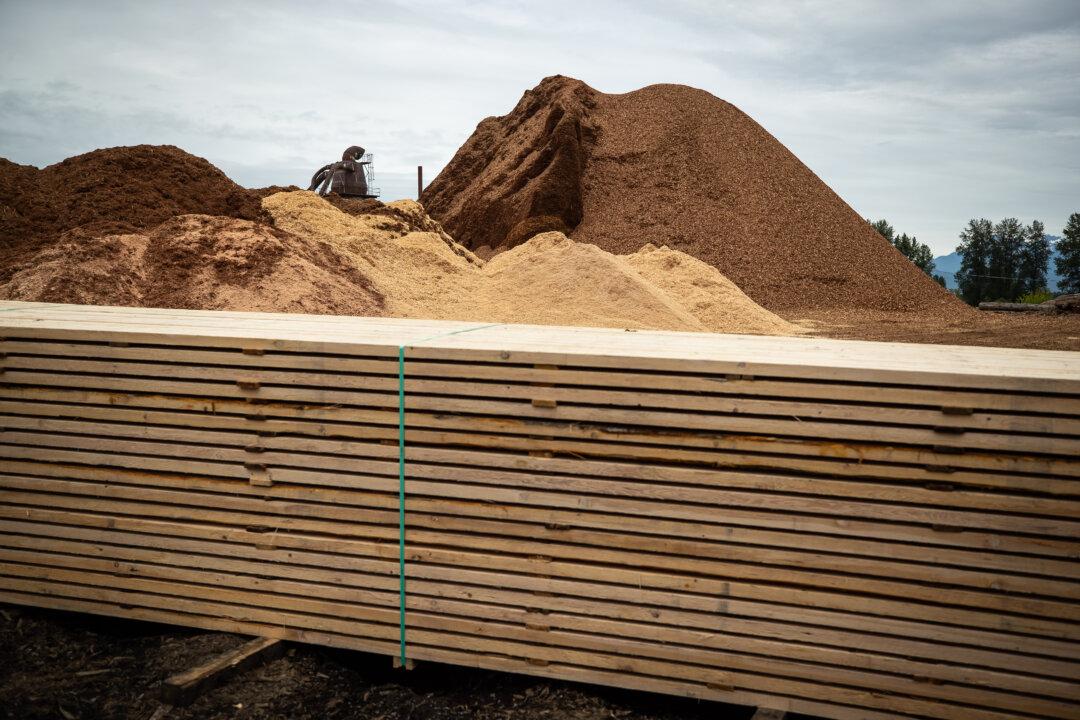B.C. Minister of Forests Ravi Parmar said the province’s softwood lumber exports to the United States could soon see duties of more than 50 percent, if Canada’s southern neighbor follows through with new tariffs in March.
Parmar made the comments during a press conference in Sacramento, California.





